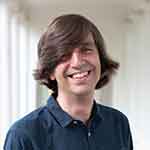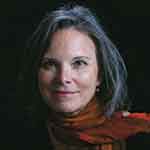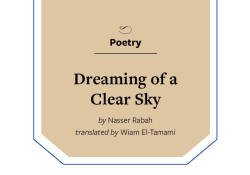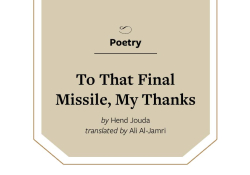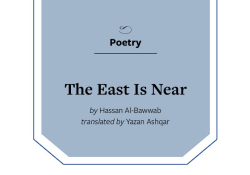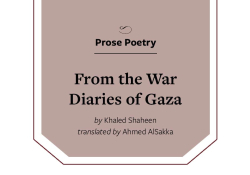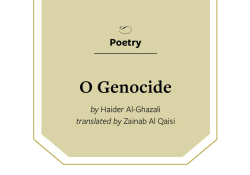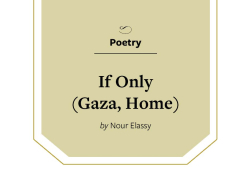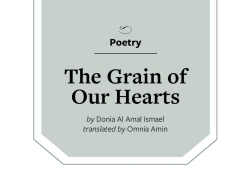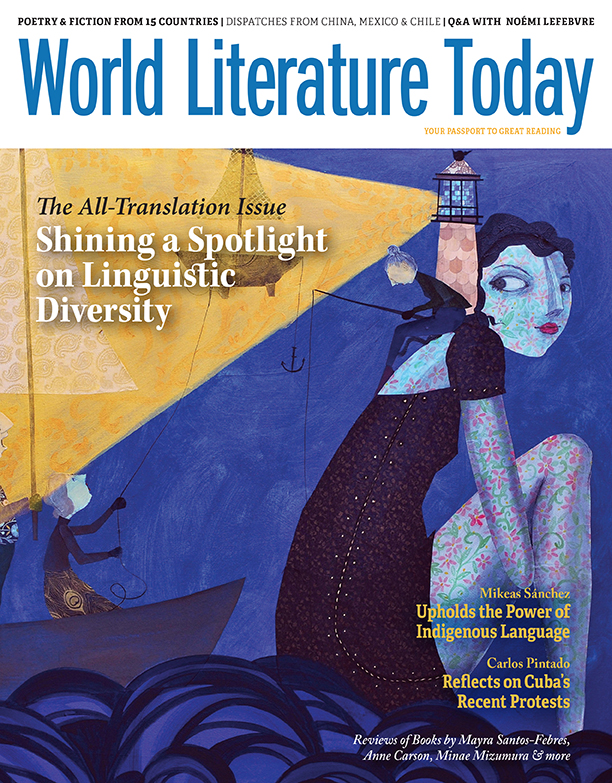Race

Because all the fathers and mothers of my parents,
all the time past,
are earth.
But also language,
words like Spanish, gypsy, black, or immigrant.
Words that rise like swords, walls that are constructed with words,
the old continents, the new continents,
with the fading kingdoms and kings over there,
on the same ruins,
on the myths and oracles,
America rises.
Into it pour the children of the children of the grandchildren of civilizations.
Children of Rome and Greece, settlers of Egypt, nomads of India,
its rivers flow into the womb of the Mississippi,
they bring the water in their veins, they water the fertile land,
and then they are food for the trees,
oxygen in the lungs of other men,
water again in combination with hydrogen.
America is watered with the blood of civilizations.
Past is the word that keeps the balance on their lips,
the present is yesterday,
the future is yesterday,
the fruit after a storm was bitten.
I say Spanish, and I do not understand.
I say Spain, and my eyes fill with melancholy,
but also my heart with flowers is gone, of a mineral taste,
as if it were the smoke of a distant fire.
Only the color of the land where I grew up is as certain
a race.
A reddish earth, often bathed in blood.
Land that saw Phoenicians die, Romans,
Arabs, men
of every land and country,
and also to my grandfather,
and my grandfather’s father,
and also the old blesseds who come every morning to the parish of San Juan de Dios,
and the men who try to cross the strait and are returned to the shores of my country
by the waves of the Mediterranean,
and to the people who suffer and always look toward the ground out of shame
or weakness,
or simply because they want to put an end to the journey.
My race belongs to that land,
and the word land,
and the water that cleans it
without paying heed
to
the
blood
that
drags it away.
Translation from the Spanish
Editorial note: “Race” is forthcoming in America, published by Copper Canyon.
